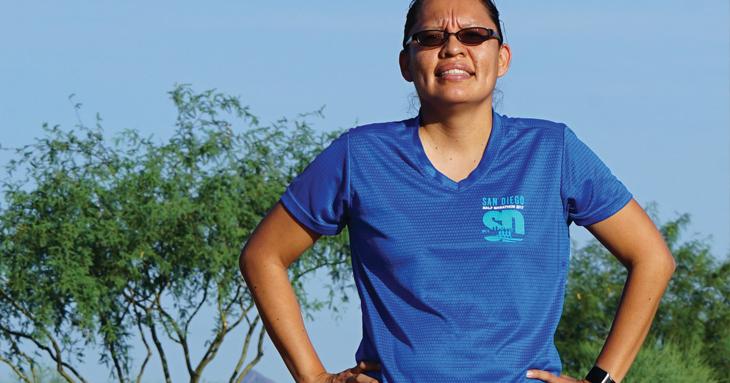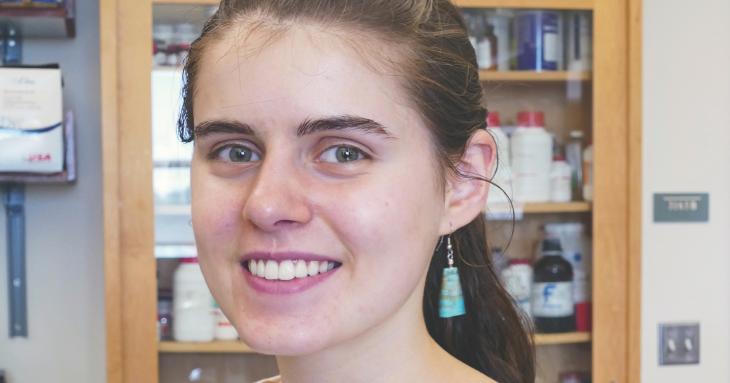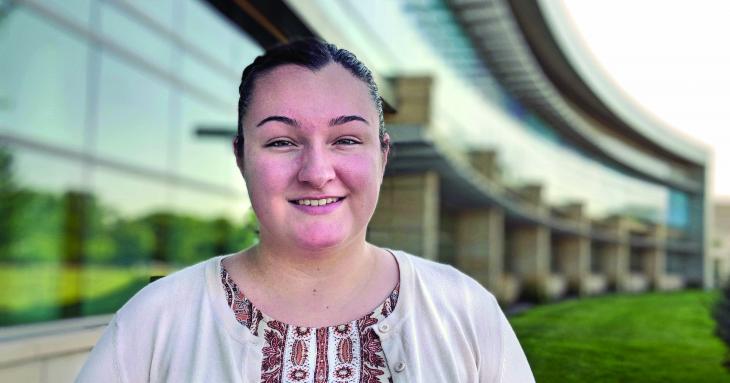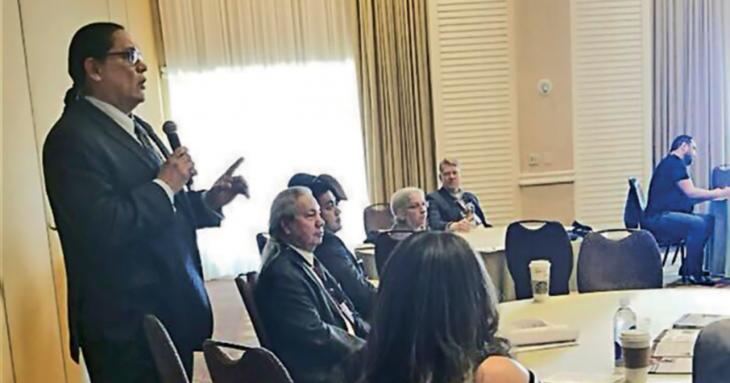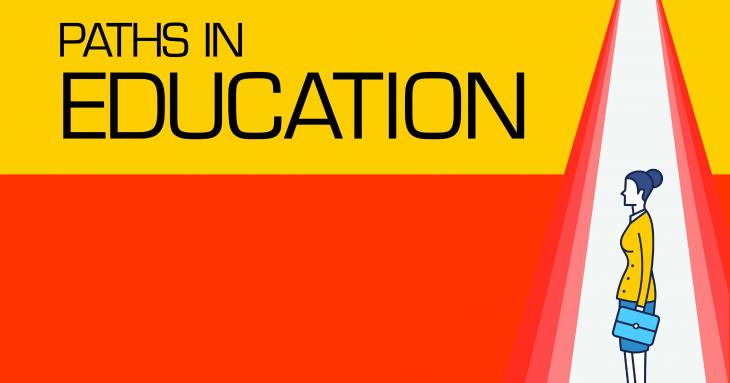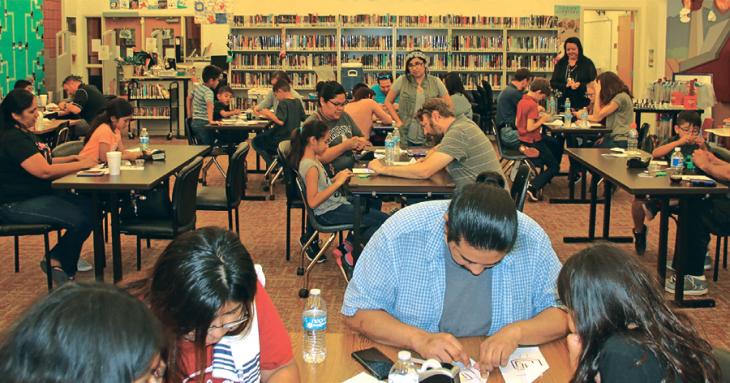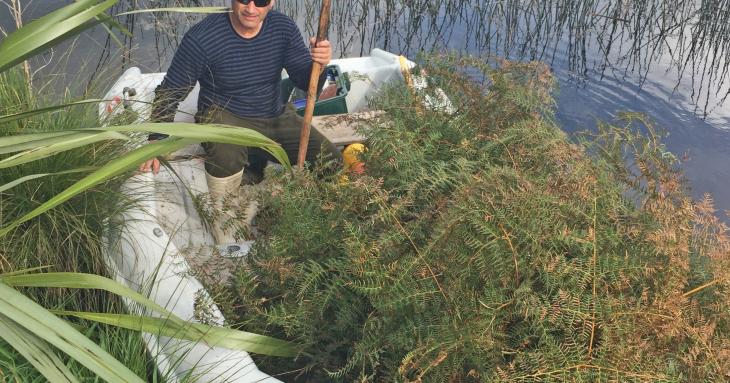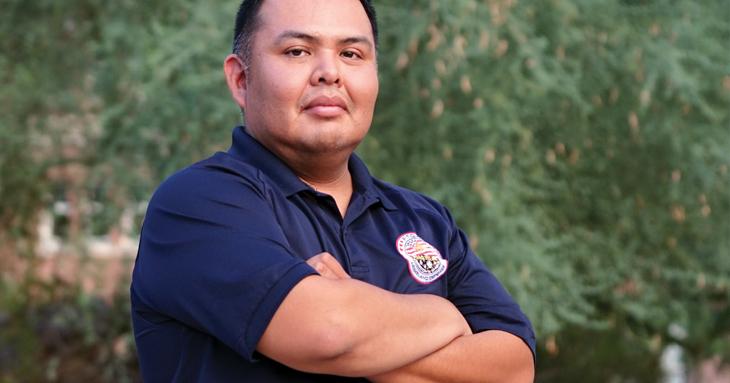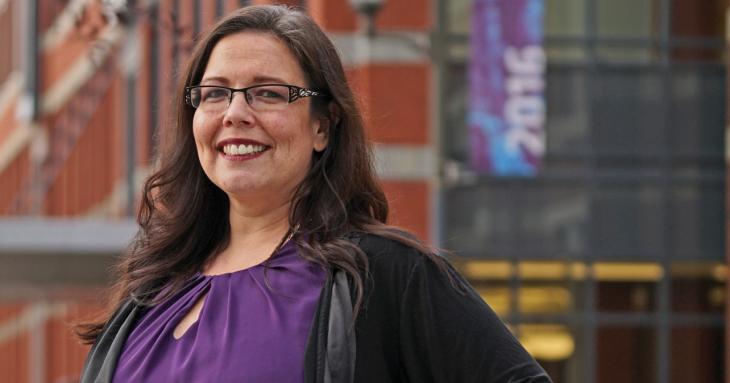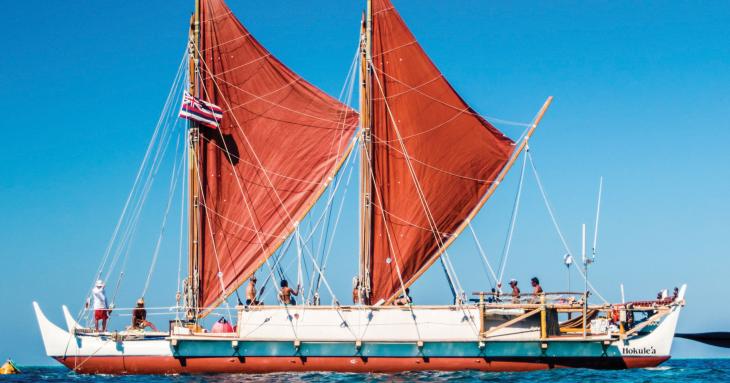-
Nedlaya Francisco: 2018 Technical Excellence Awardee / Navajo
As a kid growing up on the Navajo Reservation in Shiprock, N.M., Nedlaya Francisco was animated by a single question: How do things work? “We would have broken remote control vehicles or tape players, and my cousins, sisters, and I would take them apart to see their insides and their circuits,” she remembers. “I always wanted to know how things worked but didn’t know what the circuit boards were.”
-
Anna Quinlan / Cherokee / Menlo-Atherton High School
As a 12th-grader at Menlo-Atherton High School in Northern California, Anna Quinlan is a little preoccupied. What senior isn’t? But here’s the thing: It’s all about science — heady stuff like helping people manage Type 1 and 2 diabetes through her very own invention, a low-cost, closed-loop insulin pump. She calls it an “artificial pancreas,” a breakthrough that won her the Grand Award in the 2018 National American Indian Virtual Science and Engineering Fair (NAIVSEF) sponsored by AISES.
-
Alexis Keeling / Cherokee Nation / University Of Oklahoma / Boston Scientific / Industrial And Systems Engineer
Learning how to smoothly transition from learning in a classroom to navigating a workplace can be tricky. At her internship with Boston Scientific, University of Oklahoma student Alexis Keeling learned how to be a working engineer. Besides picking up a lot of company-specific procedures and tools, she was able to see how what she has learned in school applies to real-life manufacturing. Keeling, Cherokee, says that as an intern you are expected to do true project work that applies to your education, as well as learn how a company functions, outside a textbook.
-
The Tribal Nations Advisory Council
One of two new advisory councils officially launched at the 2017 AISES National Conference, the Tribal Nations Advisory Council (TNAC) has an especially timely mission. (The other new council is CIAC: the Canadian Indigenous Advisory Council.) TNAC’s inaugural meeting at the conference gathered more than 30 tribal leaders to discuss a pressing issue at the intersection of AISES and tribal communities: developing a skilled STEM workforce in Indian Country. TNAC members, who represent tribes from across the country, meet both by phone and in person at conferences.
-
Paths in Education: Landing a Great Internship
You’ve heard it before: getting solid internship experiences on your resume is important. And with good reason — internships provide practical workplace exposure and marketable job skills, not to mention a chance to find a mentor, earn glowing letters of reference, and maybe even come away with a full-time job offer
-
E-Textile Workshop Inspires Educators: Bringing Computer Science Skills to Rural Communities
Nationwide, there’s a call to broaden participation in computer science — with good reason. The lag in computer science knowledge is especially critical in rural America, where even many blue-collar jobs now require substantial computer skills. Native Americans in rural communities are far less likely than their peers to have access to advanced STEM courses. What’s more, they often lack access to a reliable internet connection outside school.
-
Refocusing on Indigenous Knowledge
Indigenous traditional knowledge of the lands, waters, sky, and long been dismissed by Western science as anecdote , mythology, or even superstition. But thanks to the efforts of Indigenous and non-Native scientists and educators, that perspective is changing.
-
Joshua John: 2018 Most Promising Engineer or Scientist Awardee / Navajo
It’s not much of an exaggeration to say that a single question changed the direction of Joshua John’s life. He was studying for his undergraduate physics degree at Northern Arizona University when he took a quantum mechanics class. “I asked the professor how this would be used and what the applications were,” recalls John, who graduated in 2005. “My professor said those are questions an engineer asks, not a physicist. He encouraged me to go into engineering after graduating.”
-
Deanna Burgart: 2018 Blazing Flame Awardee / Fond Du Lac First Nation
Deanna Burgart’s decision to change careers came about suddenly and unexpectedly. She was attending a luncheon for women in the oil and gas industry when one of the speakers quoted author Steve Farber. “She said, ‘Do what you love in the service of people who love what you do,’” remembers Burgart. “I burst into tears. I realized I wasn’t doing either.”
-
Navigating a cultural revival
Sam Low stands in awe of his ancestors — and he isn’t alone. “They possessed ships that were capable of traveling the world,” says Low, an anthropologist, filmmaker, photographer, and lifelong sailor.


